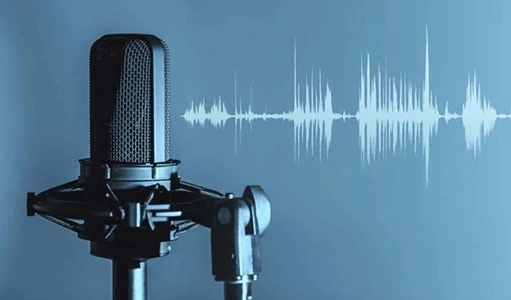No, it is not illegal to record a conversation in New Jersey if you are a participant in the conversation. New Jersey is a one-party consent state under the New Jersey Wiretapping and Electronic Surveillance Control Act (N.J.S.A. 2A:156A-1 et seq.), which means that only one party involved in the communication needs to consent to its recording. However, recording conversations you are not part of, or without legal authorization, is illegal and can lead to criminal and civil penalties.
Understanding New Jersey’s Recording Laws
New Jersey’s recording laws regulate how individuals and organizations can record oral, telephone, or electronic communications. These laws aim to protect privacy while allowing participants in conversations to document their interactions when necessary.
1. One-Party Consent
- In New Jersey, as long as you are a participant in the conversation, you can legally record it without notifying or obtaining consent from the other parties involved.
- Recording a conversation you are not part of without consent is considered eavesdropping and is illegal.
2. Definition of a Private Conversation
The law applies to communications where at least one participant has a reasonable expectation of privacy. For example:
- Private Settings: Conversations in homes, private offices, or personal phone calls.
- Public Settings: Conversations in public spaces without an expectation of privacy, such as loud discussions in a park, may not be protected.
3. Types of Communications Covered
New Jersey’s recording laws cover:
- Oral conversations.
- Telephone calls.
- Video recordings with audio.
- Digital communications like video chats or instant messaging with audio features.
Penalties for Illegal Recording in New Jersey
Recording a conversation without proper consent when required can result in criminal charges and civil liability.
1. Criminal Penalties
- Third-Degree Felony: Unlawfully recording or disclosing the contents of a private conversation is generally a third-degree felony, punishable by up to 5 years in prison and fines of up to $15,000.
- Eavesdropping Charges: Secretly recording a conversation you are not part of may also lead to charges of eavesdropping or invasion of privacy.
2. Civil Liability
Victims of illegal recording can file lawsuits for:
- Actual Damages: Compensation for harm caused by the recording.
- Statutory Damages: Up to $1,000 for each day the recording occurred or $100,000 total, whichever is greater.
- Injunctive Relief: To prevent further unauthorized recordings.
Exceptions to the Rule
Certain exceptions allow for recordings without one-party consent:
1. Law Enforcement
Law enforcement officials may record conversations without consent if they obtain a court order or warrant under the New Jersey Wiretapping Act.
2. Public Settings
Recording is generally permitted in public spaces where no participant has a reasonable expectation of privacy.
3. Emergencies or Criminal Activity
Recording may be permissible if it is conducted to prevent or document a crime, though this must be justified and carefully documented.
Recent Legal Developments in New Jersey
1. Digital Privacy and Smart Devices
The widespread use of smart devices like Amazon Alexa and Google Home has raised concerns about inadvertent recordings. New Jersey courts have emphasized that these devices must comply with state recording laws when their recordings are shared or used in legal settings.
2. Workplace Monitoring
New Jersey employers must comply with state and federal laws when monitoring employee communications. While employers can monitor company-owned devices, they must notify employees in most cases.
3. Social Media Sharing
Recent court cases have highlighted the misuse of illegally recorded conversations on social media platforms. Courts in New Jersey have ruled that sharing such recordings can lead to additional penalties, including defamation and invasion of privacy claims.
How to Legally Record Conversations in New Jersey
- Be a Participant: Ensure you are directly involved in the conversation you wish to record.
- Obtain Consent: If you are not a participant, secure explicit consent from at least one party.
- Avoid Secret Devices: Do not use hidden recording devices to capture conversations you are not part of.
- Understand the Context: Ensure the conversation does not take place in a setting where privacy is reasonably expected.
Related FAQs
Q1. Can I record a phone call in New Jersey without the other person knowing?
Ans: Yes, as long as you are a participant in the call, you can legally record it without notifying the other party.
Q2. Is it illegal to record a conversation I am not part of?
Ans: Yes, recording a conversation you are not involved in without consent is considered eavesdropping and is a third-degree felony in New Jersey.
Q3. Can my employer record workplace conversations in New Jersey?
Ans: Employers can monitor workplace communications on company-owned devices, but they must notify employees or obtain consent.
Q4. Are public conversations protected by New Jersey’s recording laws?
Ans: No, conversations in public spaces with no reasonable expectation of privacy are generally not protected.
Q5. What happens if someone records me without my consent?
Ans: If the recording violates New Jersey law, you may file a criminal complaint or pursue a civil lawsuit for damages.


